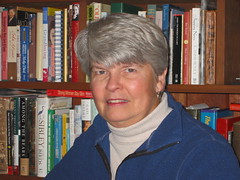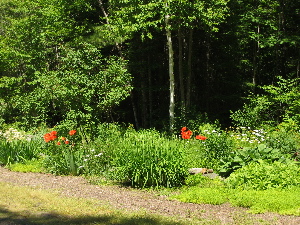LOW IMPACT DEVELOPMENT (LID)
The NRDC (Natural Resources Defense Council) has written an article about how we can as homeowners and gardeners, do our "bit" for helping to protect watersheds. It's an interesting, if huge, article to read.
I will try to address this again over the next week or so with some practical ideas. I know that as gardeners, we really do feel a large pull in the direction of helping to preserve our natural resources. This is definitely a way to go. So, as I've said before, "Stay tuned!"
Here's just the very beginning of the article to whet your appetite for more. The entire article can be found on the link "an article" found (above) in the first sentence. I've included the definition of the word "watershed" (above) as well for those who are not entirely sure of what that word means.
"Low Impact Development (LID) has emerged as a highly effective and attractive approach to controlling stormwater pollution and protecting developing watersheds and already urbanized communities throughout the country..."
"....One of the primary goals of LID design is to reduce runoff volume by infiltrating rainfall water to groundwater, evaporating rain water back to the atmosphere after a storm, and finding beneficial uses for water rather than exporting it as a waste product down storm sewers. The result is a landscape functionally equivalent to predevelopment hydrologic conditions, which means less surface runoff and less pollution damage to lakes, streams, and coastal waters..."




